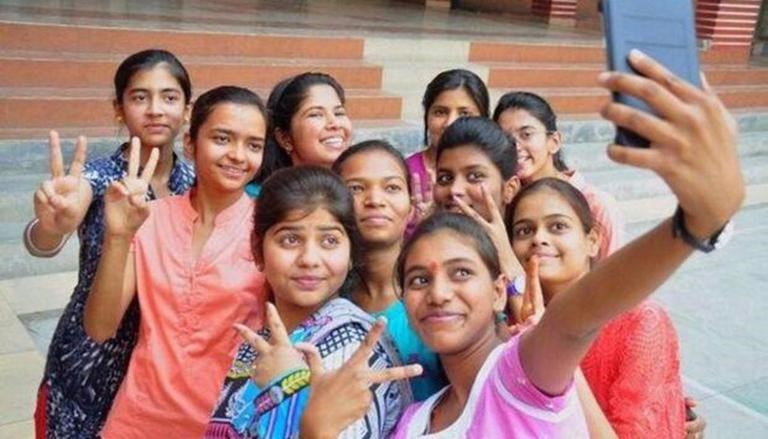
Daughters most sought after by mothers in TN, North-East states
Nearly 9% of mothers in TN prefer to give birth to girls rather than boys, while just 1.4% mothers want the girl child in UP

Unlike the rest of India, a percentage of mothers in Tamil Nadu and in certain North-East states are breaking age-old prejudices to claim they want daughters rather than sons. The National Family Health Survey (NFHS) has shown that among the big states, Tamil Nadu tops in this aspect with 8.9 per cent of mothers preferring to give birth to daughters rather than sons.
It is clearly evident from NFHS findings that mothers in Tamil Nadu seem to be casting aside prejudices and discrimination against the girl child. However, overall, taking the entire country into account, it is the North-East states which take the lead, with Mizoram clearly at the top of the table. In Mizoram, 21.4 per cent of mothers favour daughters rather than sons, while in Meghalaya it is 21.1 per cent. In Nagaland 10.4 per cent of mothers are rooting for daughters.
Across India, the overall percentage is small. It is only a meagre 3.4 per cent of mothers who prefer daughters to sons. This is because states like Rajasthan have a very low percentage of just 1.2 per cent of mothers showing a preference for the girl child. In Uttar Pradesh too, it is a mere 1.4 per cent.
In the South, besides TN, Kerala’s figures show that 6.5 per cent of mothers want a girl child and in Karnataka it is 5.6 per cent. The percentage drops further in Andhra Pradesh at 3 per cent and 4 per cent in Telangana.
In the western region, Maharashtra is at the forefront with 4.9 per cent of the mothers preferring a girl child. In Gujarat, only 2.6 per cent of the mothers want one — a percentage that is even below the national average.
Also read: Gender inequality, patriarchy skewed India’s sex ratio
According to population experts, better female literacy in TN has led to more awareness that a girl child is not a burden on the family.
International population expert P Arokiasamy said: “Compared to the 1970s and 1980s, Tamil Nadu’s female literacy has gone up and the outcome is that many women are employed in the state. This has led to better awareness about girl children, which is being reflected in their preference for a girl child.”
In states like TN and Kerala, the sex ratio above 18 years has improved over the years. While in Kerala, the general sex ratio based on the 2011 Census showed that there are more women than men in the state, in TN too, the sex ratio above 18 years also revealed that there are more women than men in that age group.
According to Arokiasamy, late marriages have also made mothers more confident about having daughters. “Many women refuse to get married before the age of 30. After completing their education, they want to work for a few years before agreeing to a wedlock. This exposure makes them more confident about having daughters,” he said.

